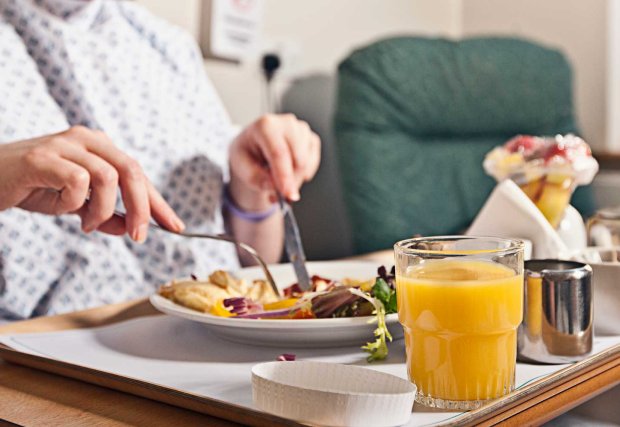Lakewood Ranch Expands Environmental Efforts
Wednesday, April 1, 2020

At Lakewood Ranch Medical Center, we have significantly expanded our efforts to reduce our carbon footprint and become even more environmentally friendly. According to Joseph Hwang, MHA, Chief Operating Officer at Lakewood Ranch, here are some of the things the hospital has accomplished over the past two years:
- In 2019, we replaced all florescent T8 light bulbs with LEDs, which resulted in a 30 percent efficiency gain in terms of energy use.
- We replaced our domestic hot water heating boiler with a high-efficiency boiler that now produces approximately 90 percent efficiency compared to 75 percent before the replacement. The boilers have a lot of domestic carbon dioxide emissions. In the future and as we expand, our plan is to replace the existing non-domestic hot water boiler with a condensing boiler, which could equate to a carbon saving of 3.92 tonnes of CO2/year.
- We installed a high-efficiency YORK YZ magnetic bearing chiller, which has reduced the environmental impact because there's no oil to manage or dispose of and the chiller limits greenhouse gas emissions better than all other conventional chillers. The new chiller is optimized for ultimate performance with a next generation low-GWP (global warming potential) refrigerant. This refrigerant, unlike most in the industry today, is 100 percent environmentally friendly, and at the same time, ultra-efficient.
- We reduced water loss to the atmosphere with consistent and precise water treatment for the closed loop chilled water system. By reducing blowdown to the minimum, a significant amount of water has been saved from entering the atmosphere. Water loss has also been reduced by chemically treating the condensed water, installing conductivity meters on blowdown lines, installing baffles/drift eliminators in the cooling tower, and taking daily readings of conductivity of the closed loop system.
- We expanded our recycling program to include plastics on the patient units, along with working to reduce styrofoam use house-wide. To show how successful this initiative has been, in 2017 trucks came to pick up trash and cardboard 296 times. Thus far in 2020, there have only been 50 pick ups, which significantly reduces the amount of times the trucks are on the road.
- For our dietary program, we continue to prevent food waste, promote a plant-based meal option, and utilize a sustainable seafood program. We have also implemented a cage-free egg program.
